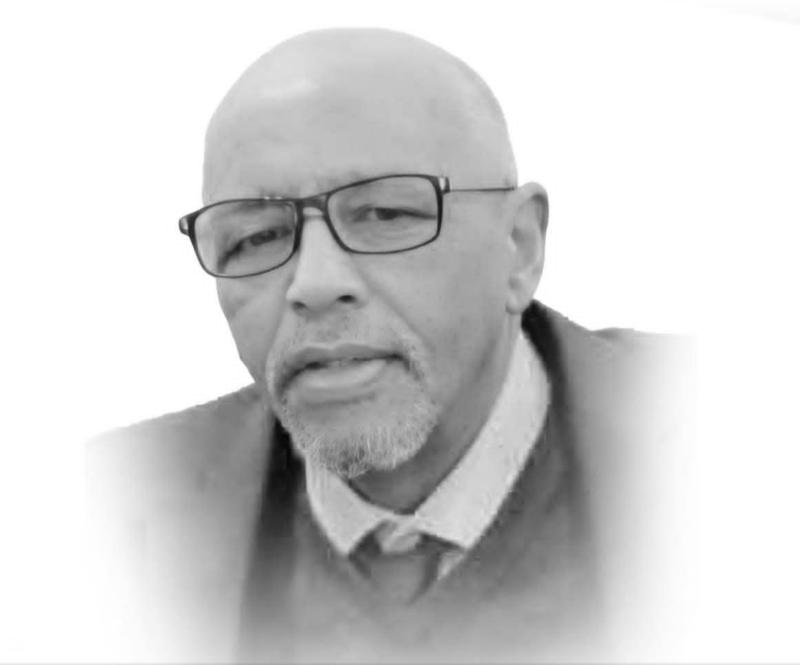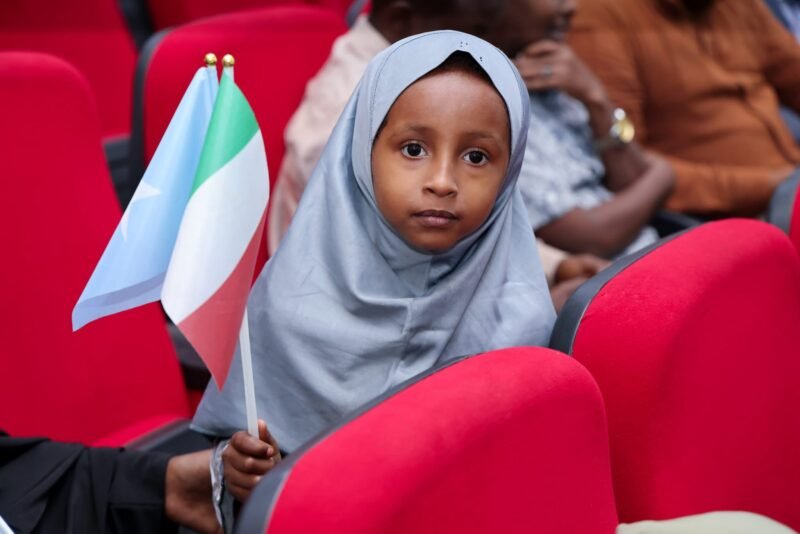Mogadishu, Somalia – Somalia’s fragile health system stands at a crossroads as shrinking international aid threatens to unravel decades of progress in public health and nutrition. For years, the country has relied almost entirely on external partners to fund clinics, vaccination drives, maternal care, and emergency response. Now, with 95 percent of the nation’s health financing still coming from foreign donors, the recent wave of funding reductions has left hospitals and community health programs under severe strain.
Across urban centers and remote villages alike, the effects are becoming visible. In Mogadishu, health workers report dwindling supplies of essential medicines, while in rural regions, outreach services that once reached mothers and children have slowed or stopped altogether. Nutrition programs that previously kept thousands of children from severe malnutrition are struggling to stay operational as resources dry up.
The World Health Organization has raised alarm over the sustainability of Somalia’s health sector, warning that the funding shortfall jeopardizes not only day-to-day medical care but also the country’s ability to respond to outbreaks and humanitarian emergencies.
Somalia’s government has made strides toward rebuilding its public health infrastructure, but the heavy dependence on donors means every shift in global priorities reverberates sharply across the system. As the nation continues to rebuild after decades of conflict and climate-driven crises, the challenge now is to secure predictable domestic and regional financing that can safeguard essential health services for its most vulnerable citizens.
Without renewed commitments and stronger local investment, the gains made in reducing child mortality, improving maternal health, and controlling infectious diseases risk being lost—leaving millions without the care they depend on.




